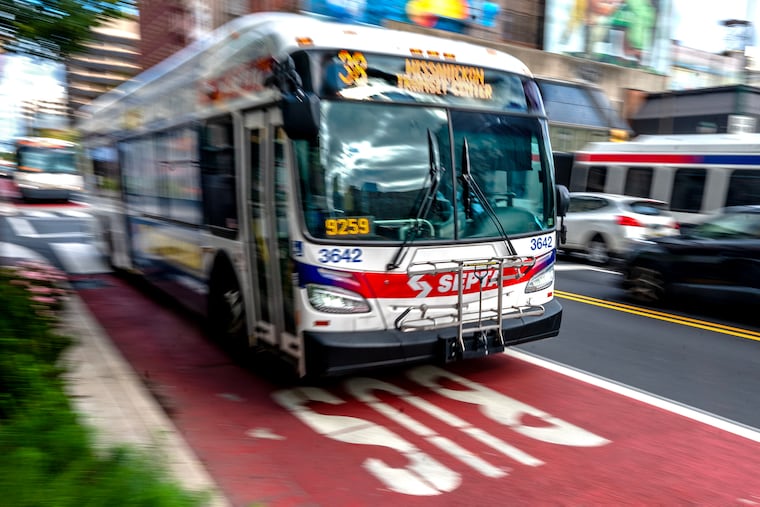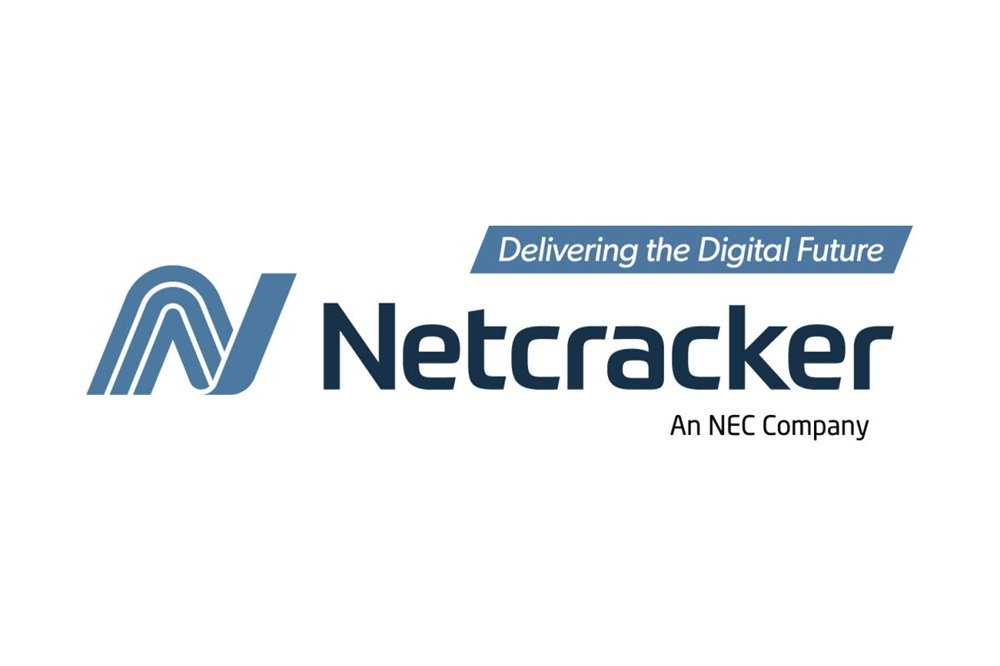Philly trash pickup resumption date and answers to strike-related questions provided.
A strike involving municipal workers in Philadelphia has come to an end, marking the first significant labor disruption in the city since 1986. Approximately 9,000 employees, including trash collectors, 911 dispatchers, library staff, and street maintenance workers, are set to return to their duties following the resolution of the labor dispute. The strike lasted eight days and four hours, concluding when Mayor Cherelle L. Parker and the president of the American Federation of State, County and Municipal Employees District Council 33, Greg Boulware, reached an agreement shortly after 4 a.m. on Wednesday.
The strike raised important questions among residents about the return of various city services, notably trash collection and library operations. In the aftermath, services are expected to gradually resume. Mayor Parker announced that regular trash pickup will restart on the coming Monday, offering some relief to residents who have dealt with delayed sanitation services. Furthermore, the closure of city libraries during the strike has left many residents wondering about their accessibility; most libraries are anticipated to reopen, although some adjustments to their hours may take place.
The new contract, spanning three years, includes an annual pay raise of 3% for workers, a figure that is slightly below the union’s initial demand of 5%. The agreement also introduces a fifth step in the pay scale for long-serving employees, potentially enhancing their wages by about 2%. In addition, a one-time bonus of ,500 will be provided to employees. However, discussions regarding healthcare contributions yielded little change, as the city will continue contributing ,500, despite the union’s push for an increase.
The residency policy that requires the majority of city employees to reside within Philadelphia’s limits remains intact; the union’s attempts to modify this stipulation did not yield any concessions. The conclusion of this strike follows a historical context, as the last major strike in Philadelphia in 1986 lasted 20 days and resulted in substantial waste accumulation throughout the city.
This recent labor action underscores ongoing tensions between municipal workers and city management regarding wages, benefits, and working conditions. As employees return to their posts, the city navigates the implications of the strike, aiming to restore normalcy to its essential services.
Media News Source







